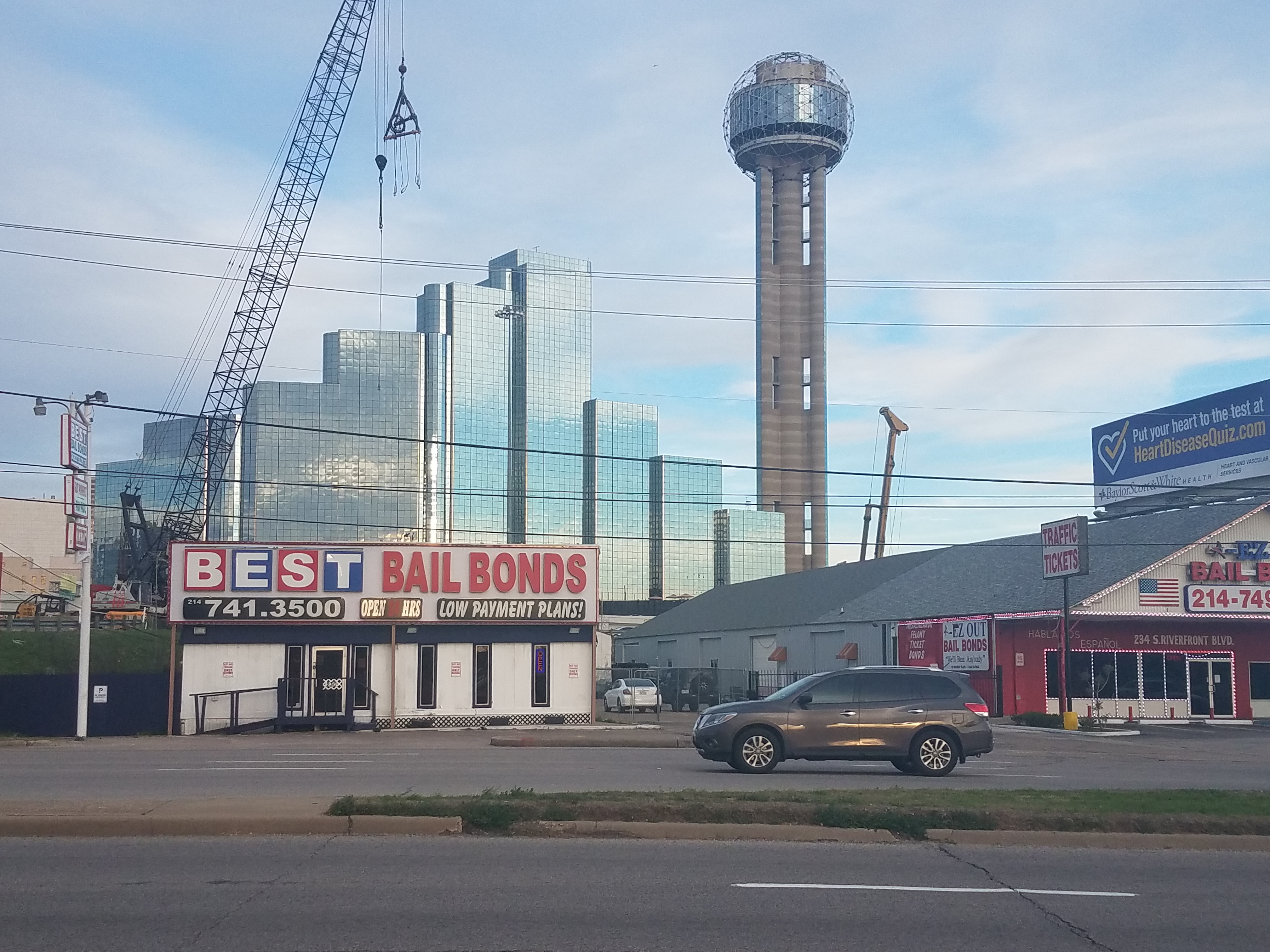When I met with Dallas County District Attorney John Creuzot last year shortly after he was elected, we touched on some of his ideas for reforms. Creuzot wanted to take people out of our overstuffed jails by instituting a more lax attitude on marijuana. “Certainly, first time offenders, we’re not even going to prosecute those,” he told me.
On the topic of Dallas County’s broken bail system, he called it unconstitutional. “If you decline to prosecute low-level, non-human-being-threatening type cases such as criminal trespass and low levels of marijuana, that would eliminate the issue for those cases. For everybody else, it becomes should there be a bond or not?” he said. “We are in the beginning stages across the United States in establishing risk factors. They measure risk to show up to court, risk to commit another offense, or risk to commit a violent offense.” He seemed to be working out a plan.
Now 90 days into office, Creuzot has fleshed out those ideas and brought a handful of others to the table. Yesterday, he released a memo detailing his reforms. The thread tying them together: an effort to decriminalize poverty and create a system that is more fair for people of every race or financial standing. Let’s run through how he plans to do that.
On Marijuana:
Creuzot points out the racial disparity in how pot is prosecuted. In Dallas County, black men and women are three times more likely to be prosecuted than other races. They’re also more likely to be convicted and serve time. So, Creuzot is dismissing all the pending first-time marijuana cases he took on when he came into office. Similar to what he said in November, he’ll also decline to prosecute any new ones as long as the person in question wasn’t brandishing a weapon, in a drug-free zone, or potentially dealing drugs.
On “Trace” Amounts of Drugs:
“Trace” means less than .01 grams. He’ll no longer prosecute those cases.
On Bail:
Creuzot says his bail system will favor safety over wealth and that it will ensure “that those who pose no safety risk can return to their communities, while those who do are either kept in jail or released with conditions.” For those charged with misdemeanors and state jail felonies, there will be a “presumption of release without pre-trial conditions.” For state jail felonies, that presumption goes away if you’ve had a criminal conviction within the last five years.
And there are other exceptions. A prosecutor can order a risk assessment if they feel the accused could be a flight risk or danger. The valid reasons for ordering the assessment, via Creuzot’s memo:
1. Direct threats to victim during or after arrest, or;
2. Prior convictions for violence committed against same complainant or victim, or;
3. More than two failures to appear within the last two years and proof that the failures to appear were an attempt to evade prosecution. Evidence of evasion may include incidents such as evading the police upon arrest on the warrant or using an alias upon police encounter that was used in an intent to evade prosecution.
The risk assessment is automatic in any case that doesn’t fall into the above-noted categories. And Creuzot wants bond amounts set based on ability to pay.
On Probation:
Creuzot says probationary periods are unnecessarily long and burdensome, increasing recidivism. He’s directing his prosecutors toward these standard lengths, “where appropriate”:
Misdemeanor: Six months presumptive term
State jail felonies: 180 days presumptive term
Second and Third-Degree Felonies: Two years presumptive term
First Degree Felonies: Five years presumptive term
On Criminal Trespass:
Criminal trespass is intrinsically linked to Dallas County’s mentally ill and homeless population. Since 2015, the County has thrown $11 million toward jailing these individuals on trespassing charges in what becomes an endless cycle, productive for neither side. Barring cases that involve an intrusion into a physical property, Creuzot says he’ll dismiss the cases. “I urge Dallas County and its municipalities to use the savings to provide affordable housing and mental health services to this vulnerable population,” he writes.
On Theft of Necessary Items:
Creuzot will decline to prosecute for theft of personal items less than $750.
Study after study shows that when we arrest, jail and convict people for non-violent crimes committed out of necessity, we only prevent that person from gaining the stability necessary to lead a law-abiding lift. Criminalizing poverty is counter-productive for our community’s health and safety.





